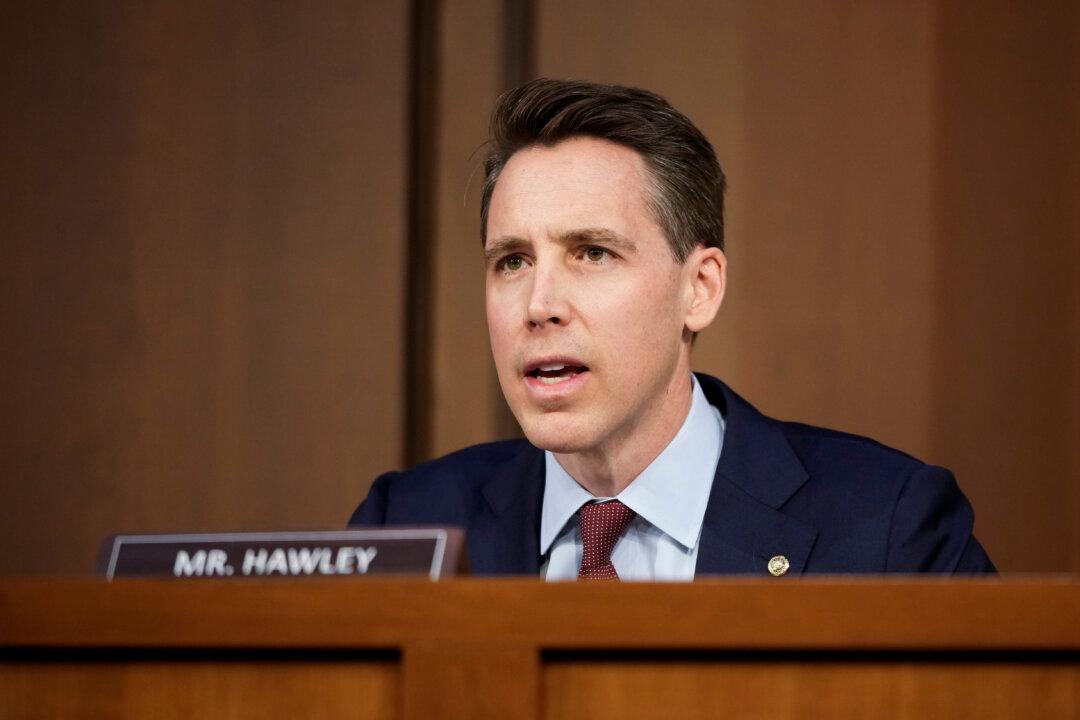Sen. Josh Hawley (R-Mo.) introduced a pair of measures that would mandate social media companies to meet several requirements before they are allowed to offer accounts to Americans on their platforms.
The first proposal (pdf), titled “Making Age-Verification Technology Uniform, Robust, and Effective Act,” or the “MATURE Act,” would impose a minimum age requirement of 16 for all social media users in the United States.





